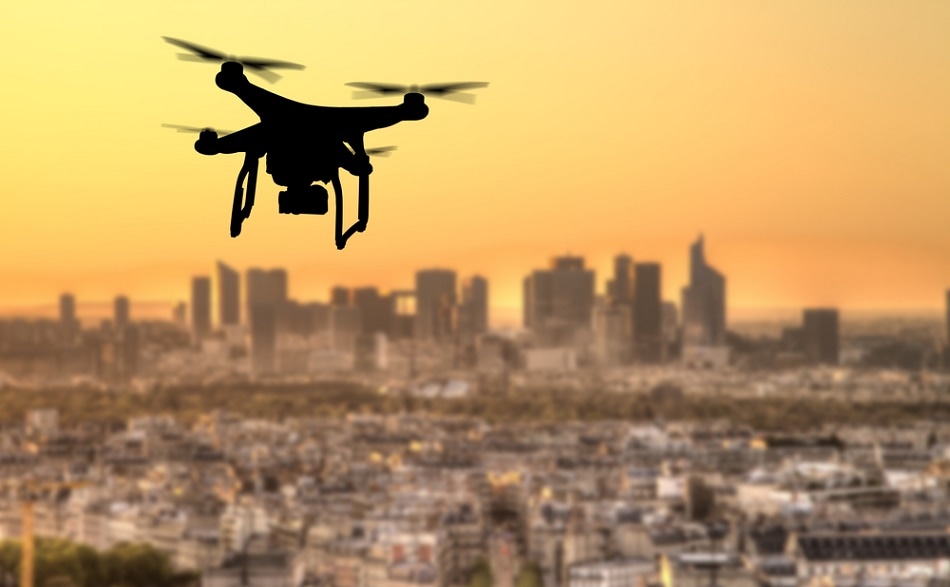Aug 8 2016
 Image Credit: Jag_cz/Shutterstock.com
Image Credit: Jag_cz/Shutterstock.com
The growth in improved mapping solutions provides new opportunities to carry out research work to monitor built and natural environments. Obtaining access to high quality data on the territory enhances the understanding of complex phenomena, such as the influence of climate change on the environment.
This workshop focuses on sharing ground-breaking mapping solutions with scientists in Brazil who are performing research on natural hazards, assessing transportation infrastructures and managing natural resources. Understanding the requirements in accurate mapping is essential to study and comprehend natural phenomena and also to monitor road infrastructures.
The diversity and amount of geodata is increased by the potential provided by improved mapping technology. Geodata needs a clarification of the requirements before the mission. Geomonitoring tools should be used to monitor and examine particular environmental phenomena caused by climate change. Improved mapping technology helps provide huge volumes of data, which can be useful only when the quality meets the expected requirements.
The workshop also aims to develop a general understanding between technological innovation and their application to environmental concerns. Expressing precise requirements and sharing knowledge will result in strengthening the integration between transport infrastructures, environmental science (oceanography) and system engineering (mapping with drone).
One major advantage to all partners is to obtain access to high quality geodata. This access will also promote ideal conditions for the definition of new research area. This workshop will also be a platform of exchange with other partners such as private companies, national agencies and institutions, in Brazil, which will make room for funding opportunities.
The Brazilian-Swiss Joint Research Programme (BSJRP) supported this workshop.